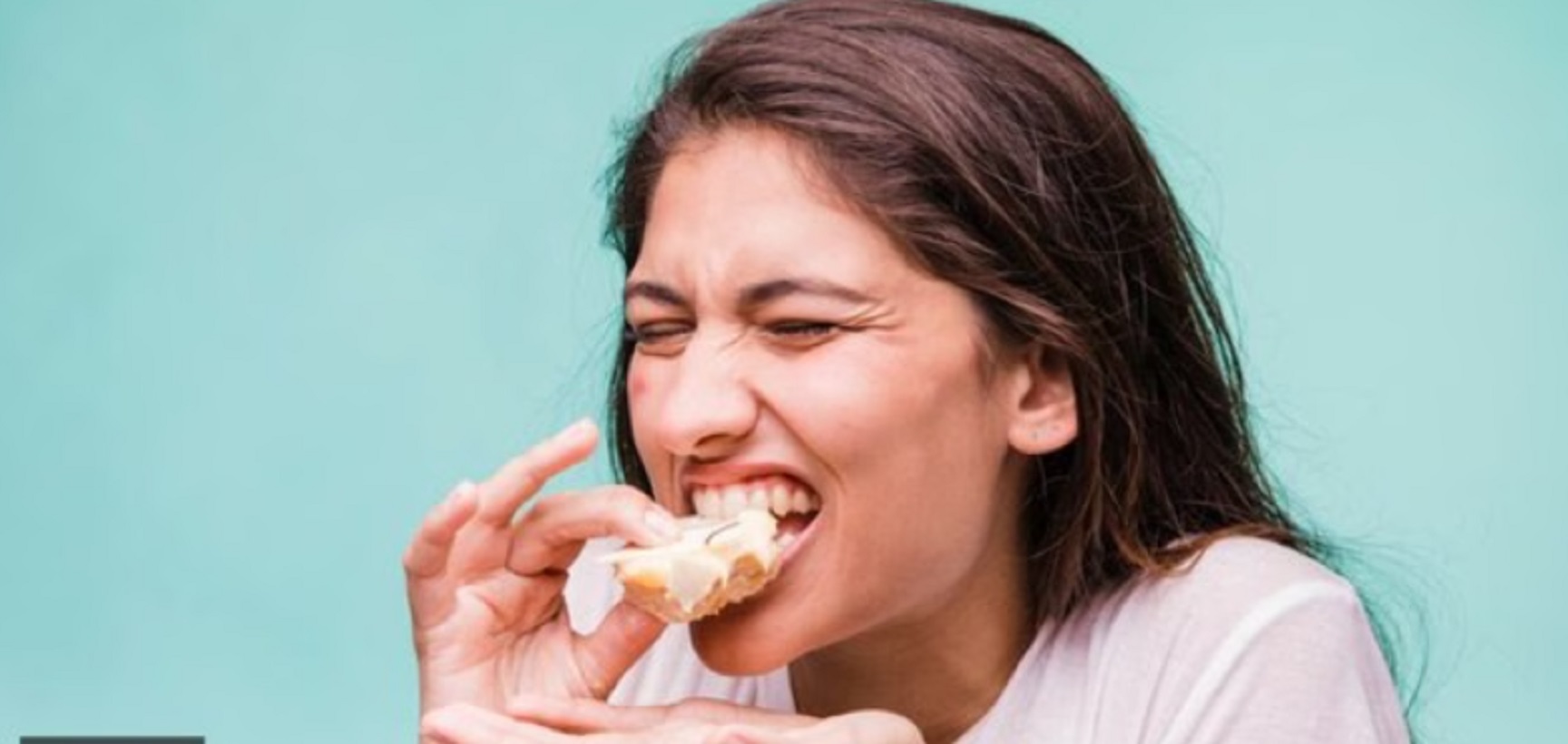Dentist about dangers of chewing from one side
 Illustrative photo (Freepik)
Illustrative photo (Freepik)
Healthy teeth and the absence of cavities are key to a healthy body. Very often, we tend to chew food on just one side of the mouth. However, dentists recommend breaking this habit, citing IndianExpress.
How not to chew?
Orthopedist Dr. Niyati Arora Pitampura stated that she has never recommended anyone to chew exclusively on one side.
"This goes against the normal physiological movement, where both sides of the jaw work symmetrically to break down food."
What happens if you chew from just one side?
Firstly, you’ll notice increased wear and tear on the teeth on the side you’re using more. The side that isn’t used may accumulate more calculus and tartar.
These deposits can lead to gum recession and create a favorable environment for bacteria growth, which can result in infections.
According to Arora, the muscles on the chewing side will develop more than on the non-chewing side, leading to facial asymmetry.

Never chew on one side only (screenshot)
"This causes uneven wear of the temporomandibular (TMJ) joint. If this continues, patients can experience pain near the ear or a clicking sound in the joint when opening and closing the mouth," she said.
In her opinion, discomfort or pain on one side often causes people to habitually chew on the other side. She recommended consulting a dentist to evaluate your dental health and receive appropriate advice.
The ideal chewing process involves using both sides of the mouth equally and chewing slowly and thoroughly.
"Distributing the workload evenly between both sides helps prevent excessive strain and wear on the teeth."
"Chewing slowly and thoroughly breaks food into smaller pieces, which not only facilitates digestion but also reduces strain on the jaws," she added.
Arora also advised against biting down on non-food items like pencils, pens, or ice, as these habits can damage teeth and potentially cause fractures that are difficult to repair.
This material is for informational purposes only and should not be used for medical diagnosis or self-treatment. Our goal is to provide readers with accurate information about symptoms, causes, and methods of detecting diseases. RBС-Ukraine is not responsible for any diagnoses that readers may make based on materials from the resource. We do not recommend self-treatment and advise consulting a doctor in case of any health concerns.

